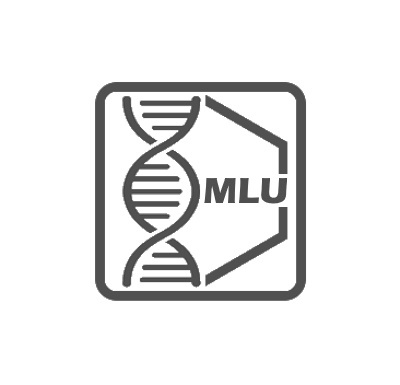Claudia Grossmann and Michael Gekle
Jun-Prof. Claudia Grossmann
Julius-Bernstein-Institut forPhysiologie
Magdeburger Str. 6
06112 Halle (Saale)
phone/Fax: +49 (0) 345-55 71886
claudia.grossmann@medizin.uni-halle.de
Prof. Michael Gekle
Julius-Bernstein-Institut für Physiologie
Magdeburger Str. 6
06112 Halle (Saale)
phone/Fax: +49 (0) 345-55 71886
michael.gekle@medizin.uni-halle.de
Mineralocorticoid Receptor (MR) Signal Transduction: Interaction between MR and SP1
The mineralocorticoid receptor (MR) plays an important role in water-electrolyte homeostasis and additionally mediates pathological effects in the renocardiovascular system, including inflammation, endothelial dysfunction, fibrosis and hypertrophy. In clinical studies, MR antagonists can significantly improve symptoms and survival of patients with cardiovascular and renal disease. Nevertheless, the underlying molecular mechanism(s) remain(s) elusive. Although MR and its closest relative, the glucocorticoid receptor (GR), share a common hormone-responsive-element, the GR does not lead to pathological alterations in the renocardiovascular system but evokes anti-inflammatory and protective effects. Consequently, we propose the existence of additional, so far unknown MR-specific DNA-response-elements. In our previous work, we could newly identify an MR-specific, SP1-dependent DNA element located on the epidermal growth factor receptor (EGFR) promoter, which we now aim to characterize in detail. Analysis will focus on the MR-SP1 interaction, its regulation and the possible involvement of the closely related SP3. Furthermore, we will test the pathophysiological relevance of this novel MR-responsive element in different primary cells. Overall, our goal is to elucidate the molecular mechanism(s) of pathophysiological MR effects further to identify new potential targets for therapeutic intervention.




